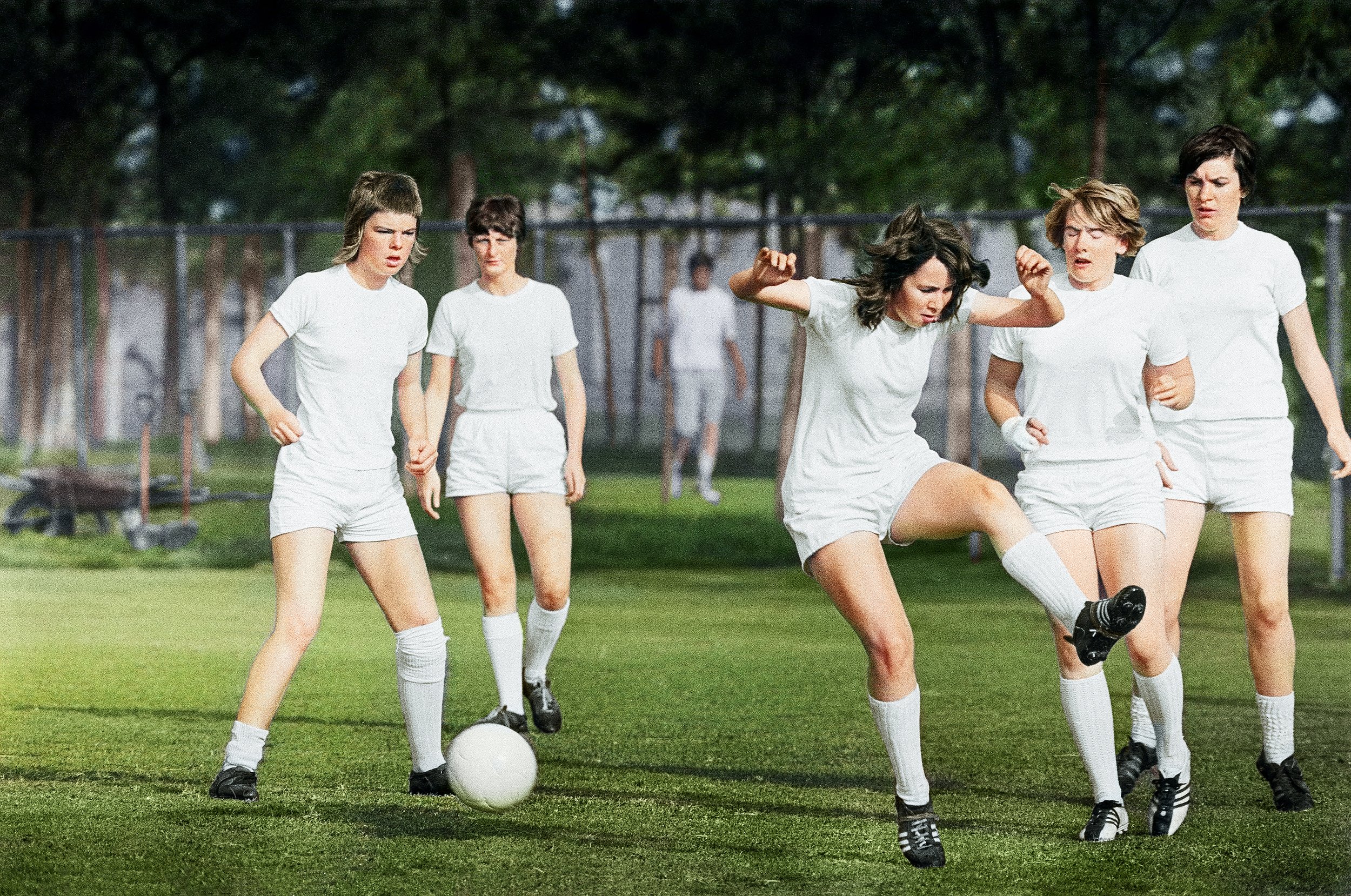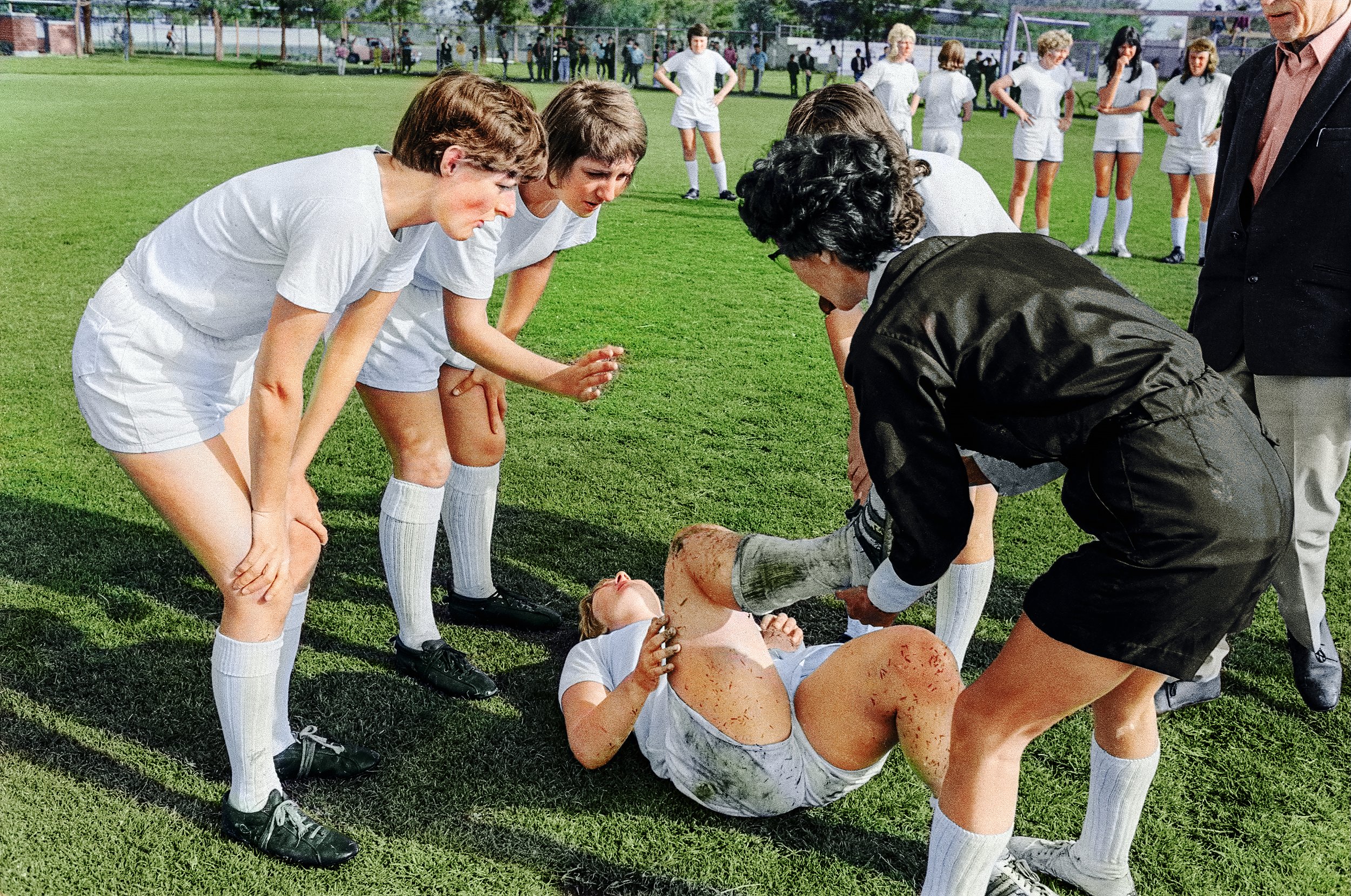The new film COPA 71 tells the extraordinary story of the first unofficial Women’s World Cup in 1971. Banished from the sporting history books this captivating portrait charts the evolution of women’s football through its trailblazing players.
Watch the trailer
So when did women’s football start?
Women's football has a history that stretches back as far as over a century, with some of the earliest recorded matches occurring in the late 19th and early 20th centuries. One of the first known women's football matches took place in 1895 in London. However, women's football faced significant societal resistance and was subject to bans, notably by the English Football Association in 1921, which prohibited women from playing on FA-affiliated grounds, citing that the game was "unsuitable for females." This ban lasted until 1970 in England.



Stills from the film COPA 71.
unofficial world cups
Copa 71, also known as the unofficial Women's World Cup of 1971, was a significant event in the history of women's football. It showcased the talent and passion of female players on an international stage at a time when women's sports, especially football, faced considerable obstacles and lacked recognition.
These events set the stage for the development of the women's game, culminating in FIFA officially recognizing women's football and organizing the first FIFA Women's World Cup in 1991 in China.
The growth of women's football since then has been remarkable, with increased professional opportunities, greater visibility, and rising popularity globally.
Told by the pioneering women who participated in it and built from archive unseen for fifty years, this is the extraordinary story of the 1971 Women’s Football World Cup, a tournament witnessed by record crowds that has been written out of sporting history — until now.
Image from the Copa 71 tournament.
Copa 71 is exclusively in UK and Irish cinemas from 8 March. Click below to find your nearest cinema and book tickets.


